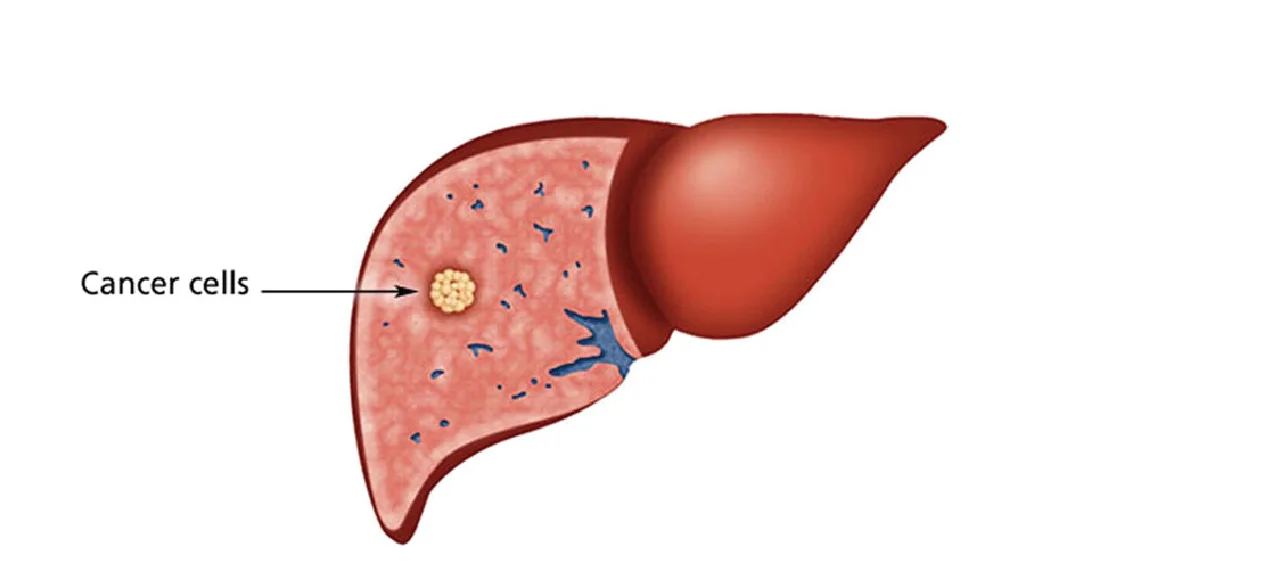
It ranks 7th in the reported number of cases and 3rd among all cancer-related mortality in terms of global incidence. In 2018 alone, nearly 840,000 new cases of liver cancer and 780,000 related deaths were recorded worldwide. Even in India, it’s emerging as one of the fastest spreading cancers, with nearly 5 cases of liver Cancer per 1,00,000 people. However, the real numbers can be much higher as India does not have any population-based data and an annual systematic cancer registry. Read on to know more about liver cancer, its types, symptoms and possible liver cancer treatment in Jaipur to manage this disease effectively.
Liver Cancer is one the most common Cancer that originates within the cells of your liver. It’s the largest glandular organ in the body that aids in several necessary body functions, such as digestion. It also stores nutrients such as glucose to ensure the body remains nourished and clear of toxins and harmful elements. But when cancer develops in the liver, its mutated cells destroy the healthy liver cells and hinders their ability to operate normally and affects body functions. Hence, patients need to consult with a liver cancer specialist in Jaipur before it can cause severe complications within their body.
Liver Cancer is classified into two main types, also known as primary or secondary liver cancer. Primary liver cancer originates within the cells of the liver. Secondary liver cancer occurs when another cancer of a nearby organ has spread to the liver. The most common type of primary liver cancer are:
In its early stages, Liver Cancer doesn’t cause any visible signs or symptoms. But as cancer progresses, various symptoms start appearing that can be easily mistaken for other liver conditions, such as jaundice. Hence, you need to be extra aware of these common symptoms of liver cancer that are likely to include:
The outcome of Liver Cancer is better if you get diagnosed and the Oncology Treatment in Udaipur during its initial stages. So if you experience any of these symptoms for a long time, you should consult with an oncologist immediately to ensure timely intervention.
Liver Cancer treatment depends on various factors, including the patient’s liver function and their alpha-fetoprotein levels. Based on the diagnosis, stage of cancer and the patient’s choice for treatment, doctors plan the most effective treatment option for each patient, which can include:
The most common treatment option involves surgically removing the tumour or the entire affected liver through various approaches, which are:
Its the most common Oncology treatment in Jaipur that involves administering anticancer drugs directly into the body to destroy cancer cells. These drugs can be delivered through a vein or a catheter to ensure cancer cells absorb these drugs faster than normal cells.
It involves controlled radiation exposure directly to the affected area to damage or destroy cancer cells. It can also be used after surgery to destroy remaining cells and prevent a recurrence.
Q1. What are the main treatments for liver cancer?
A: Liver cancer can be treated with surgery, chemotherapy, radiation, targeted therapy, or immunotherapy.
Q2. How is liver cancer diagnosed?
A: It’s usually diagnosed through imaging tests, blood tests, and sometimes a biopsy.